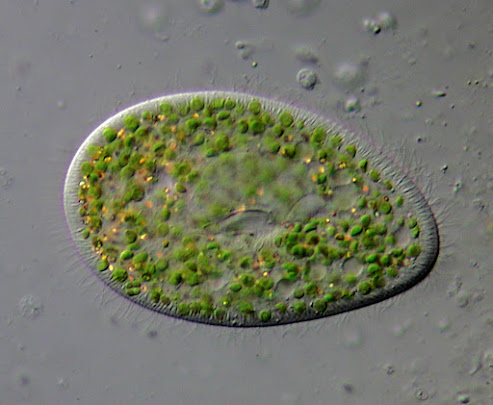 |
| Nick Cochran, PhD Photo Credit: Courtesy of HudsonAlpha Institute for Biotechnology |
Alzheimer’s disease and other dementias are progressive neurodegenerative diseases that slowly rob affected individuals of their memory, personality, and, eventually, their life. As devastating as these diseases are anywhere, members of a family in Antioquia, Colombia, suffer from a particularly cruel version that strikes them in their mid-40s and results in death within 10 to 12 years. Several decades ago, a neurologist named Francisco Lopera began studying the family because of their high incidence of very early-onset Alzheimer’s disease. Lopera and colleagues discovered that the large Colombian family carries a specific mutation in a gene called presenilin 1 (PSEN1). Having the PSEN1 E280A mutation, as it is called, ensures with certainty that an individual will eventually develop a type of Alzheimer’s disease called autosomal dominant Alzheimer’s disease.
Lopera and other colleagues have enrolled more than 6,000 individuals from 26 extended families in the study. The dementia field is learning a lot about the cause and progression of Alzheimer’s disease from this family. In return, they received an answer to their decades-long question about why so many family members were suffering from, and ultimately dying from, the devastating disease. HudsonAlpha Institute for Biotechnology Faculty Investigators Nick Cochran, PhD, and his lab were part of a recent study that dove deeper into the individuals’ genomes and identified new potential gene variants linked to Alzheimer’s disease.














.jpg)

